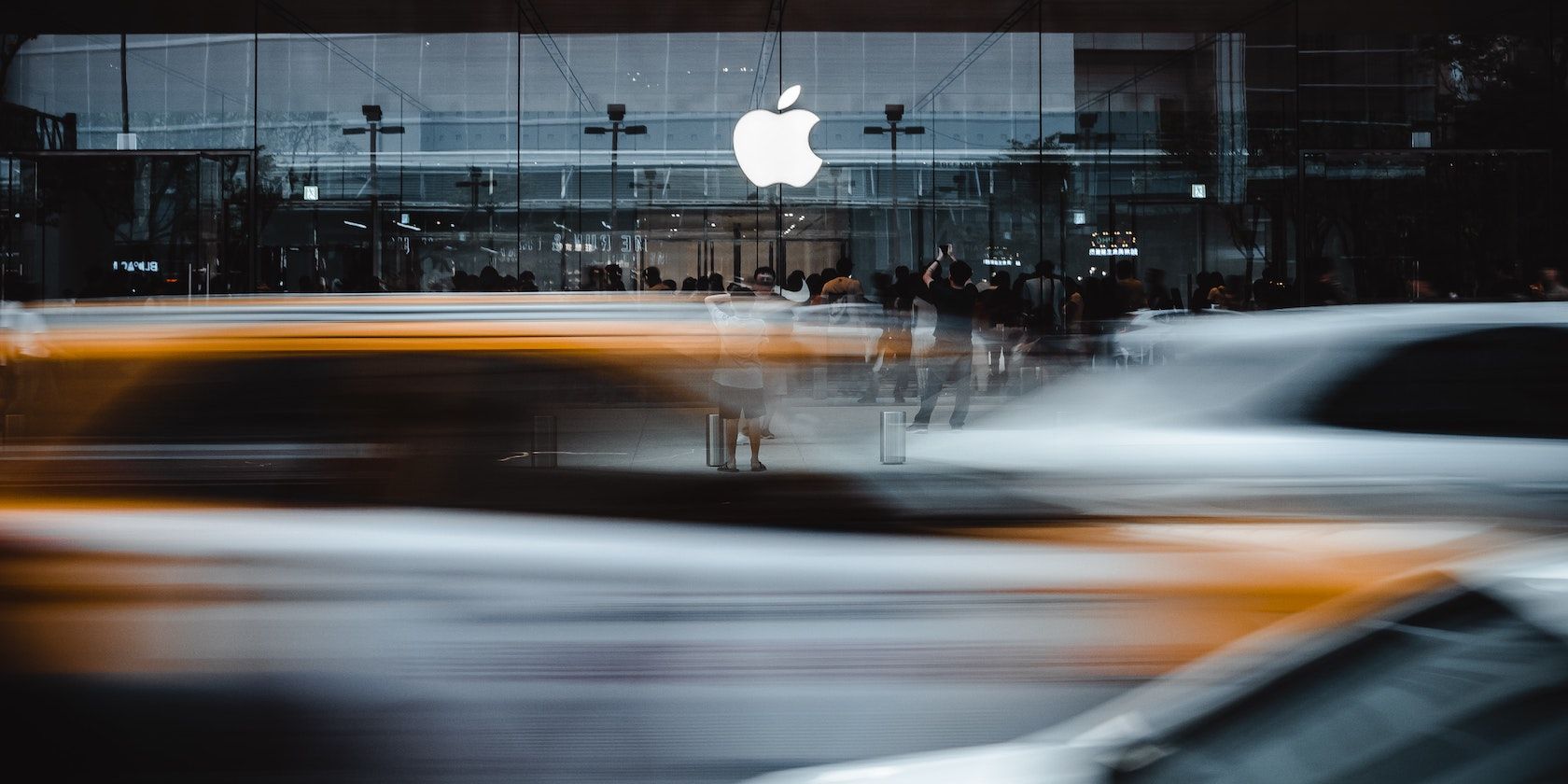Kia might not be in the running to manufacture the elusive Apple Car anymore, but Apple has plenty of other viable options should it decide to build its first automobile.
Electric vehicles (EV) help the environment and Tesla's success reportedly didn't go unnoticed with the higher-ups at Apple. The company is apparently pouring resources into building an autonomously driven EV that may lack a steering wheel. That said, making cars has always been a money pit requiring a vast supply chain spanning continents.
As we recently reported, Apple and Kia don't seem to be partnering on the Apple Car after all. Furthermore, major Japanese automakers Apple's reportedly approached seem concerned about being relegated to contract manufacturers.
A new report by Bloomberg attempts to round up possible suppliers and assembly partners for the production of Apple's rumored EV. Potential options include Nissan and Stellantis, as well as Magna which makes cars for other brands, and more.
Foxconn Has Existing Ties With Apple
Foxconn is a major option---the company has existing ties with Apple as its contract manufacturer that assembles iPhones and other gadgets. A few months ago, Foxconn unveiled its first EV chassis along with a software platform.
It plans to release a solid-state battery by 2024, the same year the Apple Car is said to enter mass production. Foxconn and Fiat Chrysler are in a joint venture to build electric cars in China. Apple could take advantage of Foxconn's technologies as the basis for its EV.
Magna Is a Good Fit
Canada-based Magna builds various parts for brands like BMW and Jaguar Land Rover in its factory in Graz, Austria. Magna offers its engineering and manufacturing services to EV startups. The company has partnered with LG to build drivetrains together and has recently started assembling vehicles in China.
Bloomberg says Magna has the benefit of a prior relationship with Apple---it's the first contract manufacturer Apple talked to when it decided to enter the EV space five years ago.
Apple-Hyundai Discussions Could Restart
As for Hyundai and Kia, both run manufacturing operations in the US. Kia's new EV platform promises a driving range of about 311 miles (over 500 kilometers) and fast-charging batteries up to 80 percent in 18 minutes.
Apple was reportedly interested in partnering with Hyundai/Kia. However, talks fell apart after executives had confirmed reports that the company was in talks with Apple.
The big disadvantage Hyundai and Kia have is the recent back-and-forth on whether they are developing a car for Apple, a notoriously secretive company. Although the two automakers have said talks aren’t happening, it’s possible discussions could restart if Apple deems them the best possible partners.
Kia plans to unveil 23 new EV models based on its platform by 2025.
Nissan and European Automakers
The write-up attempts to make the case for why Nissan would be a good fit for Apple. Nisan has an EV platform co-developed with Renault but most importantly, its CEO Makoto Uchida recently said that Nissan "has the DNA to do things others won’t do."
Combine that with the fact that the company has been financially strained in the past 12 months and you have a possible Apple-Nissan deal on the horizon, Bloomberg has it:
The automaker has been mired in a slump, reporting its biggest loss in two decades in fiscal 2019, and could get much-needed revenue from helping Apple develop or manufacture its vehicle. It also could benefit from access to Apple’s technology. After pursuing a strategy of volume at any cost that ate into profit, Nissan needs to attract higher-paying customers largely with the technology inside of its cars.
The report goes on to highlight European automakers, such as Stellantis, as possible assembly and production partners for the Apple Car. Availability of production capacity is perhaps the biggest factor in making cars---just ask Tesla. In that light, Apple would be wise to outsource the production of its EV to multiple automobile vendors and suppliers.
Image Credit: Andy Wang/Unsplash CC

